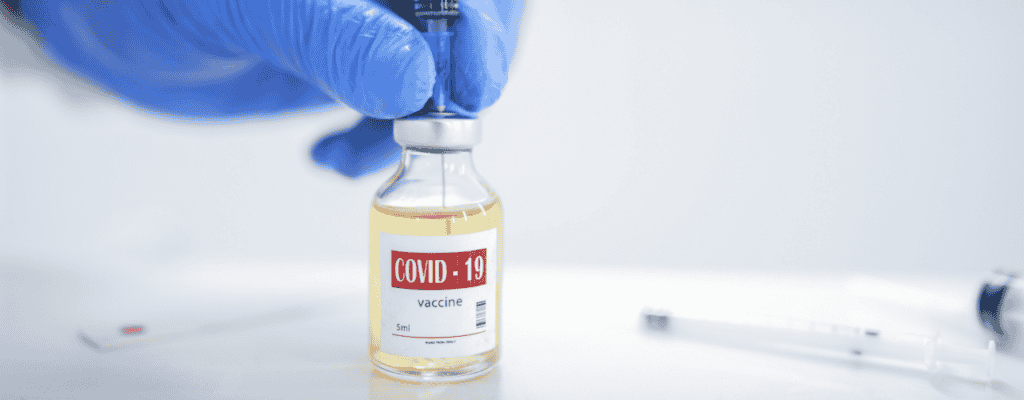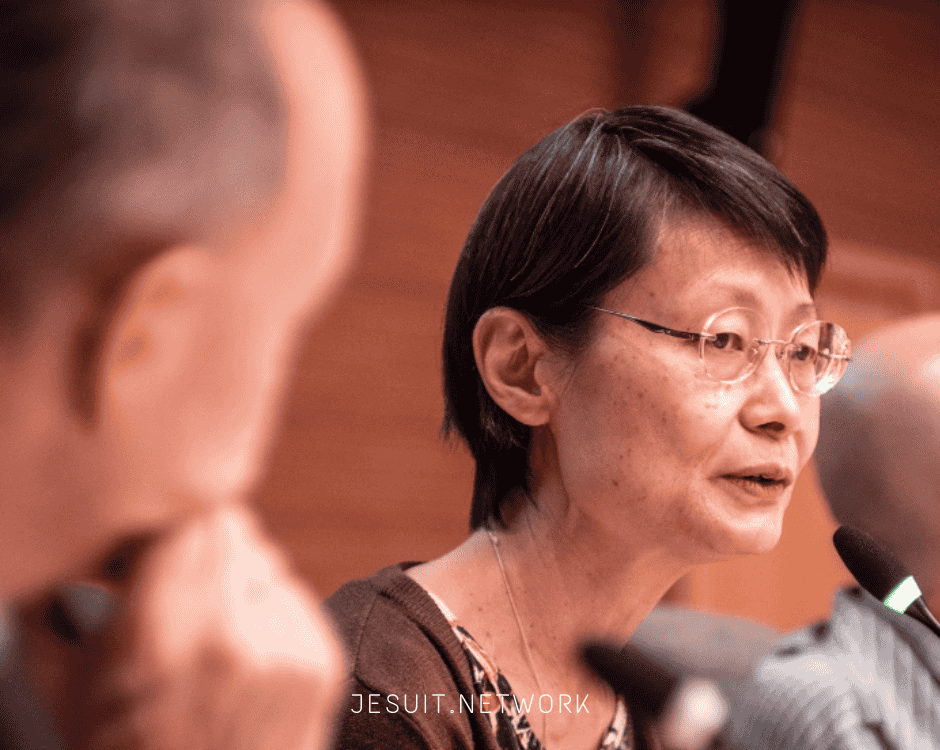This website uses cookies so that we can provide you with the best user experience possible. Cookie information is stored in your browser and performs functions such as recognising you when you return to our website and helping our team to understand which sections of the website you find most interesting and useful.
Urgent need for universal vaccine distribution
Universal vaccination is a priority. Different Jesuit networks and institutions are mobilizing to ensure that this debate reaches the decision-making spheres. March 10, 2021, when the meeting of the World Trade Organization takes place, is a decisive moment for dialogue on how the vaccine will be distributed. As Charles B. Chilufya S.J. reminds us, “no one is safe until everyone is safe”.
When the going gets tough, the worst affected are always those who are disadvantaged: the poor and people living on the margins are the most affected by diseases, crises and the effects of climate. Now, the situation facing the most disadvantaged countries requires much greater levels of international cooperation, coordination, commitment and attention than is currently being undertaken.
In October 2020, India and South Africa preempted the possibility of uneven distribution of the vaccine against COVID-19 and called for an agreement to ensure that medical solutions reach any part of the globe.
The Jesuit Conference of Africa and Madagascar (JCAM) joined the request for a temporary waiver of patent rights on medical products that are urgently needed due to the exceptional circumstances of the pandemic. If this waiver is effective and adequate technical and financial support goes along with it, vaccines could be produced all over the world and reach developing countries as well, which is on the negotiating table at the moment.
Historically, the World Trade Organization, which meets on March 10, 2021, decides by consensus. However, Article IX of the WTO Agreement not only provides for exemptions in exceptional circumstances, but also foresees for such situations a three-quarter majority decision system, if consensus cannot be reached. As the JCAM states in a letter sent to European leaders, the current situation is truly exceptional and therefore justifies both a waiver and a majority vote. Proceeding in this way would solve the problem that the countries opposing the waiver are largely the same states that have secured most of the vaccines produced for their own populations.
The Jesuit Justice and Ecology Network in Africa (JENA) supports this call for an urgent exemption from the Agreement on Trade-Related Aspects of Intellectual Property Rights (TRIPS) in relation to the prevention, containment or treatment of COVID-19 for the rapid scale-up of production and distribution of vaccines and therapies. Although legal frameworks exist for the development of bioequivalent and cheaper versions of drugs, many countries lack adequate resources and infrastructure for the production of these products.

The Jesuit Network for Migrants in Latin America and the Caribbean joins this unavoidable call, demanding that the governments of the continent ensure in their vaccination plans universal access for all people in their territory, regardless of their nationality or their migratory status (regular or not) in the country where they are established. Civil society in Latin America and the Caribbean is calling for universal vaccination plans that take into account forced migrants in all territories of the continent.
In Europe, Jesuit Mission offices in Germany and Austria as well as the Medical Mission Institute in Würzburg have asked the governments of Germany and Austria to temporarily suspend patent rights for COVID-19 vaccines in line with the proposal of India and South Africa. The petition can be supported on change.org.
In Spain, the organizations Entreculturas, Alboan, Radio Ecca and others have joined this initiative and have written to the President of the Government, Pedro Sánchez, requesting that through his participation in the World Trade Organization meeting, the exceptional exemption on TRIPS is supported. The collection of signatures can be done through visibles.org.
The Social Justice and Ecology Secretariat (SJES) encourages us to urgently support these proposals.
From the United States, the Jesuit Refugee Service (JRS) has called on world leaders to ensure that COVID-19 vaccine efforts prioritize all countries equally, and include refugees and displaced persons in each country’s vaccine distribution plans.
“Vaccine equity will not only accelerate the end of the spread of disease, but is a central issue of justice to which we must respond”
Joan Rosenhauer, executive director of JRS USA
In addition, the Jesuit Center for Faith and Justice of the Irish Province stresses the importance of vaccinations also reaching prisons, wherever they are located in the world. Prisons are home to many people who meet the criteria for priority placement: those over 70 years of age or with serious medical conditions, for example. Since prison life has a dynamic of turnover, staff in and out daily, and prisoners are admitted and released daily (especially in remand prisons), it has been seen throughout history to be a very dangerous environment for the transmission of respiratory diseases. COVID-19 will not respect prison walls and can seriously endanger prisoners living in crowded environments, and/or impede prisoner rehabilitation through prolonged complete isolation.
Now, what can you do?
It is important that you sign these petitions and share them, so that it reaches many more people. If you know of more initiatives in progress related to this cause, do not hesitate to let us know. As in so many other occasions, networking is the most effective way to change the world, and this time our collaboration is urgently needed.





